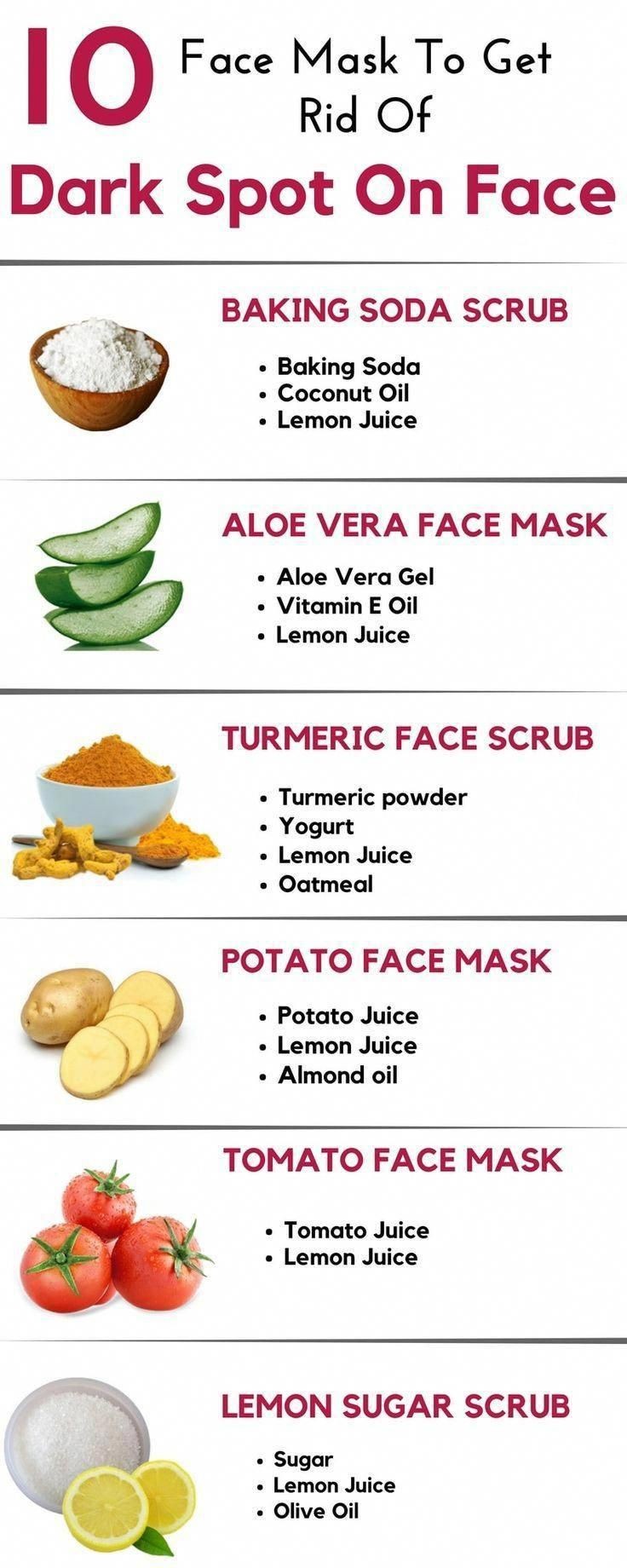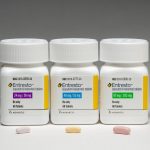
Contents
Remove Dark Spots at Home Naturally
Melanin, the skin pigment produced by melanocytes, determines skin color. However, factors like race, genetics, sun exposure, and skin pigmentation disorders can lead to changes in skin color, resulting in dark spots. While hyperpigmentation is typically harmless, it can sometimes be indicative of an underlying medical condition that requires professional diagnosis and treatment. Causes of pigmentation problems include inflammation, hormonal fluctuations, aging, certain medications, and sun exposure.
To effectively treat hyperpigmentation at home, there are natural remedies that can improve the overall texture and appearance of the skin. However, it’s important to have realistic expectations and understand that changing one’s original skin color is not possible. Stubborn or medically-induced pigmentation should be addressed by a healthcare professional. Consulting with a doctor is advised to ensure that home remedies are suitable and to rule out serious causes of hyperpigmentation.
Causes of Dark Spots
- Sun damage
- Skin irritation, inflammation, or trauma
- Age spots
- Certain medications
- Pregnancy hormones
- Endocrine disorders
- Melasma
- Insulin resistance
Home Remedies for Dark Spots
Natural remedies can help treat dark spots over time while nourishing and improving the skin’s texture. Here are 9 effective home remedies:
1. Daily exfoliation and cleansing with AHAs and BHAs:
Regular exfoliation with alpha-hydroxy acids (AHAs) and beta-hydroxy acids (BHAs) can make the skin smoother and brighter by reducing pigmentation, fine lines, excess sebum, dead skin cells, and clogged pores. AHAs and BHAs also cleanse the skin of dirt and makeup. Popular AHAs include glycolic acid and lactic acid, while salicylic acid is a common BHA. Over-the-counter products containing these acids can be safely used every day, improving skin health.
2. Topical toners, serums, masks, lotions, and creams:
Over-the-counter topical products containing AHAs, BHAs, Vitamin C, and Vitamin E can lighten the skin, improve skin texture, and provide nourishment. Incorporating these products into a daily skincare routine can significantly enhance skin health. It’s important to note that certain acids and Vitamin C can increase sun sensitivity, so they should be used at night. Regular cleansing, toning, and moisturizing should be practiced, with the frequency and consistency adjusted based on individual needs.
3. Topical retinoids:
Retinoids are highly effective in treating acne, acne scars, and pigmentation issues caused by acne, aging, or inflammation. However, pregnant women should avoid retinoids and consult with a doctor before use. Applying low-strength over-the-counter retinoids two to three times a week can gradually reduce pigmentation and wrinkles. Stronger retinoids require a prescription, and their usage should be monitored by a healthcare professional.
4. Homemade face masks:
Natural face masks made from ingredients like yogurt, lemon, gram flour, papaya, banana, and honey can nourish the skin, promote exfoliation, and reduce hyperpigmentation. Regular application can yield positive results.
Apple cider vinegar contains acetic acid, which can lighten pigmentation and reduce acne. Diluting apple cider vinegar with water and applying it to the skin for a few minutes daily can be beneficial.
6. Aloe vera:
Pure aloe vera gel, known for its depigmenting properties, can be applied to hyperpigmented areas at night and washed off in the morning.
7. Milk:
Milk, buttermilk, and sour milk with lactic acid content can lighten the skin and provide hydration. Applying plain milk with a cotton ball and leaving it on for 20-30 minutes can yield positive results.
8. Diet, nutrition, and hydration:
A balanced diet rich in fruits and vegetables, along with adequate hydration, plays a vital role in maintaining healthy skin. These provide nourishment, improve skin cell turnover, and enhance skin tone and texture. Nutritional supplements, especially Vitamin C, Vitamin B, Vitamin E, and omega-3 fatty acids, are also beneficial.
Preventing sun damage is crucial, as it leads to tanning, pigmentation problems, premature aging, and an increased risk of skin cancer. Sunscreen with broad-spectrum protection, SPF 30 or higher, and water-resistance should be used every day, even during winter and cloudy days. Reapplication every 3-4 hours, along with additional sun protection measures like wearing a hat or using an umbrella, can effectively safeguard the skin.
Medical Treatment
If home remedies fail or faster results are desired, medical treatment options are available. Prescription drugs, topical products, chemical peels, microdermabrasion, and laser treatments can be recommended based on the cause and extent of hyperpigmentation. Consulting with a healthcare professional is advised to determine the most suitable treatment plan.


